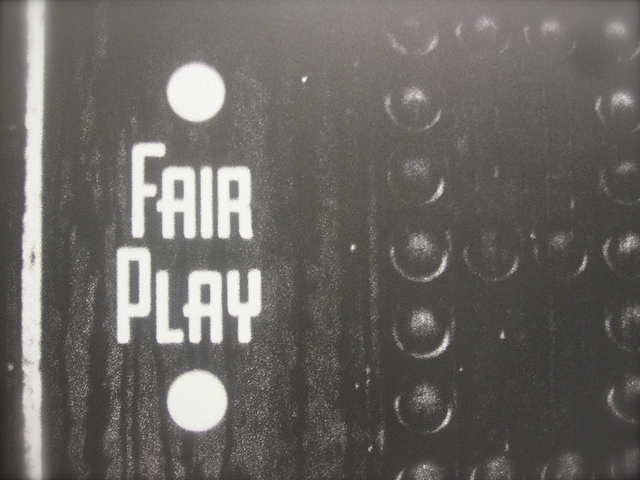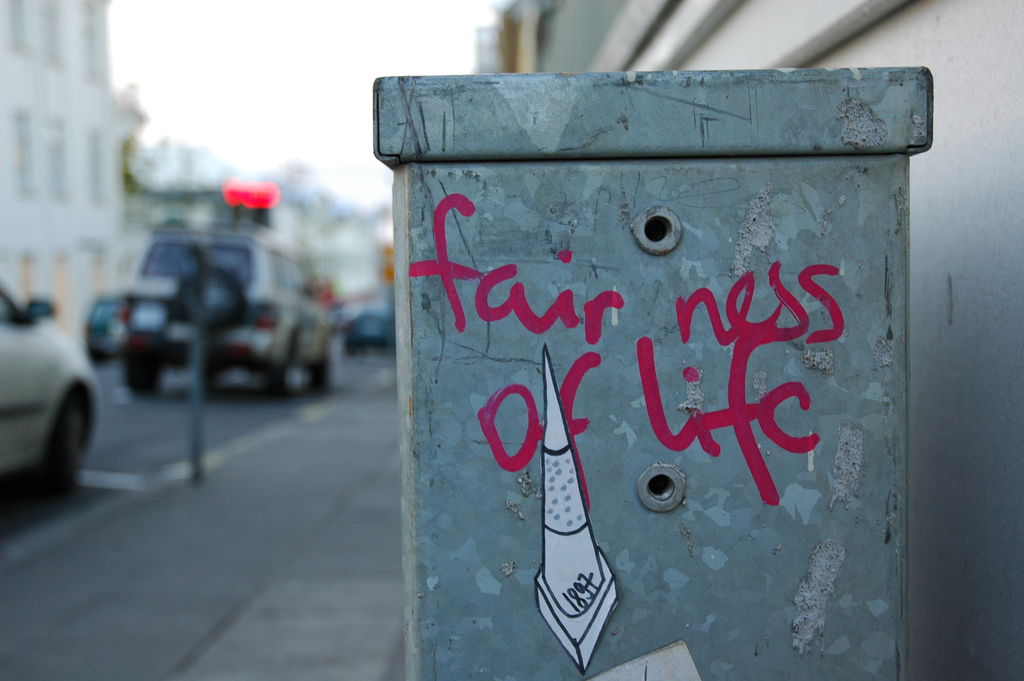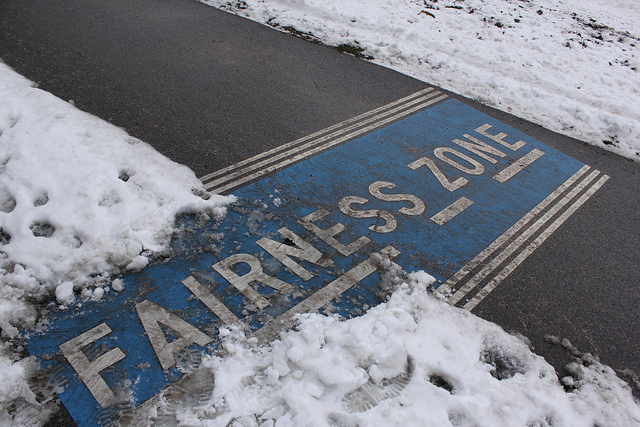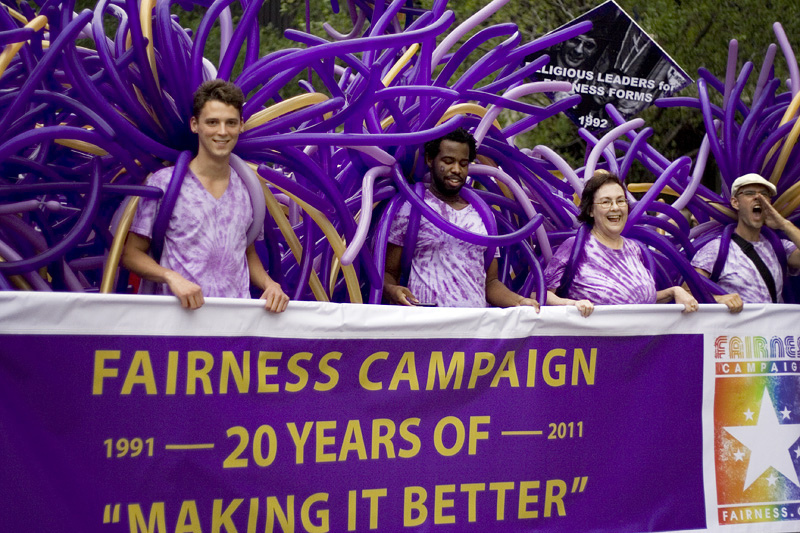Fair Isn’t Always Fair
I’ve found that when people first start negotiating, they tend to put a high priority on being fair.
Being fair is generally a very honorable pursuit. But in negotiations fairness does not always mean what you think it means. At least, not to the other side.
What fair means to any one person depends on their perspective on the situation.
Sometimes perspective is influenced by what you are bringing to the deal.
Let’s say you and I decide to start a business. I’ve got money, but very little time to work on the business, so I agree to fund 90% of our start up capital. You don’t have money to spare but you can work full time on the business and are willing to do all the leg work.
What’s a fair way of dividing the profits? Is it fair to split the money 50/50? Even if you’re doing all the work? Even if I’m contributing most of the money?
What about a collaboration where I write and you draw: I’ve spent years working on a story doing world building, character development and intricately mapping out plot points. You agree to draw the story even though it’ll probably take years to finish.
What’s fair when we divvy up the dozens of dollars our comic makes? Does fair change if you make a suggestion for the third act that improves the story and leads to fundamental changes to the original story?
Other times our sense of fairness can be influenced by how we feel in the negotiation.
I notice that when freelancers feel less powerful in a negotiation, they’ll offer more than they need to to the other side to make sure the deal gets done.
My theory is that they take the “treat others how you want to be treated” notion a bit too literally. They put themselves in the shoes of the other side and mentally prepare for the negotiation by negotiating with themselves. These negotiators give up more than they need to because they are mentally giving those things to themselves.
This unconscious bit of misguided self preservation coupled with insecurity about negotiating power ends up with them under bidding the job or agreeing to overly demanding terms. “Fairness” is colored both by what they want and how much they think they have to pay the more powerful side to get it.
On the flip side, someone who feels very powerful in a negotiation and focuses on the importance of that power will likely do whatever they can to keep as much of that power as possible. Because power is important to them, they think power is important to everyone. They worry about the other side trying to take power away from them in the negotiation.
These people might say they want to create a “win-win” deal, but what they really mean is that they want to create a “WIN-win” deal. They want to get the very best deal for themselves while giving away the least amount possible.
Neither of these types of people are bad people, they are just viewing the negotiation, and therefore the definition of what “fair” will be, very differently.
So what can you do to avoid a fairness battle?
1. Ask Questions
Understanding what someone’s interests are in a negotiation will give you good insight into what they perceive as fair. So ask questions about why they’re interested in the positions they’re offering. What does getting X allow them to do?
Don’t be afraid of asking, “Does that feel fair to you?” through out the negotiation. If they say “Yes,” you can keep trucking along. If they say, “No,” it’s better to pause now and figure out what fair might look like than to push ahead and create a deal that doesn’t work for both of you.
2. Make Offers in Increments
If you’re a person who tends to feel insecure or unsure about negotiating, make your offers in increments. If you’d be willing to do the job for $100/hour, don’t make $100/hour your first offer. Start at $130/hour and give yourself some negotiating room.
Don’t just have one area where you can budge, either. “I can’t change my rate, but I might be able to work on a shorter timeline; would that work for you?”
3. Explain Postions Using Interests
Fairness battles usually happen because each party lacks information about what the other party values and cares about. Don’t make that mistake. Explain your interests behind your positions whenever possible so the other side can understand why you want what you want.
“Being able to use this job for portfolio display is very valuable to me; it helps me attract other clients that are of your caliber. Will you reconsider allowing me to use the work in my portfolio?”
Understanding that the other side views fairness differently from you doesn’t mean you have to bend to their way of seeing the world. It just means you have another tool to help you create a deal that they’ll like and will work well for you.
Categories: Dealing with People







